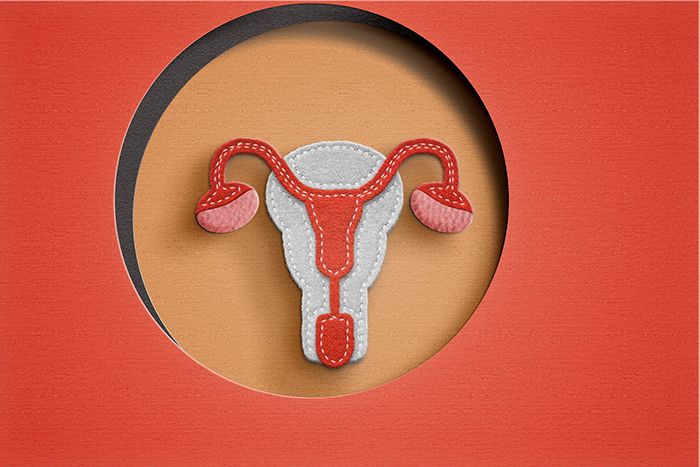Another treatment to ease symptoms for some women is low-dose hormone replacement therapy, which is commonly called HRT. This therapy replaces the hormones women naturally lose as they leave their childbearing years. Hormone replacement therapy can reduce many symptoms, including hot flashes, night sweats, and bone loss.
You might have heard about a large study from 2002 called the Women’s Health Initiative, which discovered certain risks associated with hormone replacement therapy. The study found that in some cases, hormone replacement therapy caused an increased risk for breast cancer, heart disease, and stroke.
For this reason, Dr. Russell and her colleagues consider hormone replacement therapy very carefully. They talk with women about their health issues, family medical history, risk factors, and current symptoms — weighing the risks and the benefits.
“More people than you might think are reasonable candidates for hormone replacement therapy,” explains Dr. Russell. “We find hormones work best for women when they first start to experience menopausal symptoms. However, if they wait to talk with us until they are more than ten years into the transition toward menopause, hormone replacement may not be the best answer for them.”
According to the National Institutes of Health, research suggests that women who are transitioning into menopause or are in the early stages of menopause have more potential benefits and fewer adverse side effects with hormone therapy than women over age 60. Also, newer hormone formulations have fewer risks and provide benefits that outweigh the risks. Researchers continue to evaluate the benefits and long-term safety of hormone therapy.
“With hormone replacement therapy, we aim to ease your symptoms by giving you the lowest helpful dose of hormones for the shortest time necessary,” says Dr. Russell.
If hormone therapy is not right for you, Dr. Russell can recommend other nonhormonal medications and effective techniques. These therapies can help you deal with hot flashes, trouble sleeping, and other symptoms of menopause.




